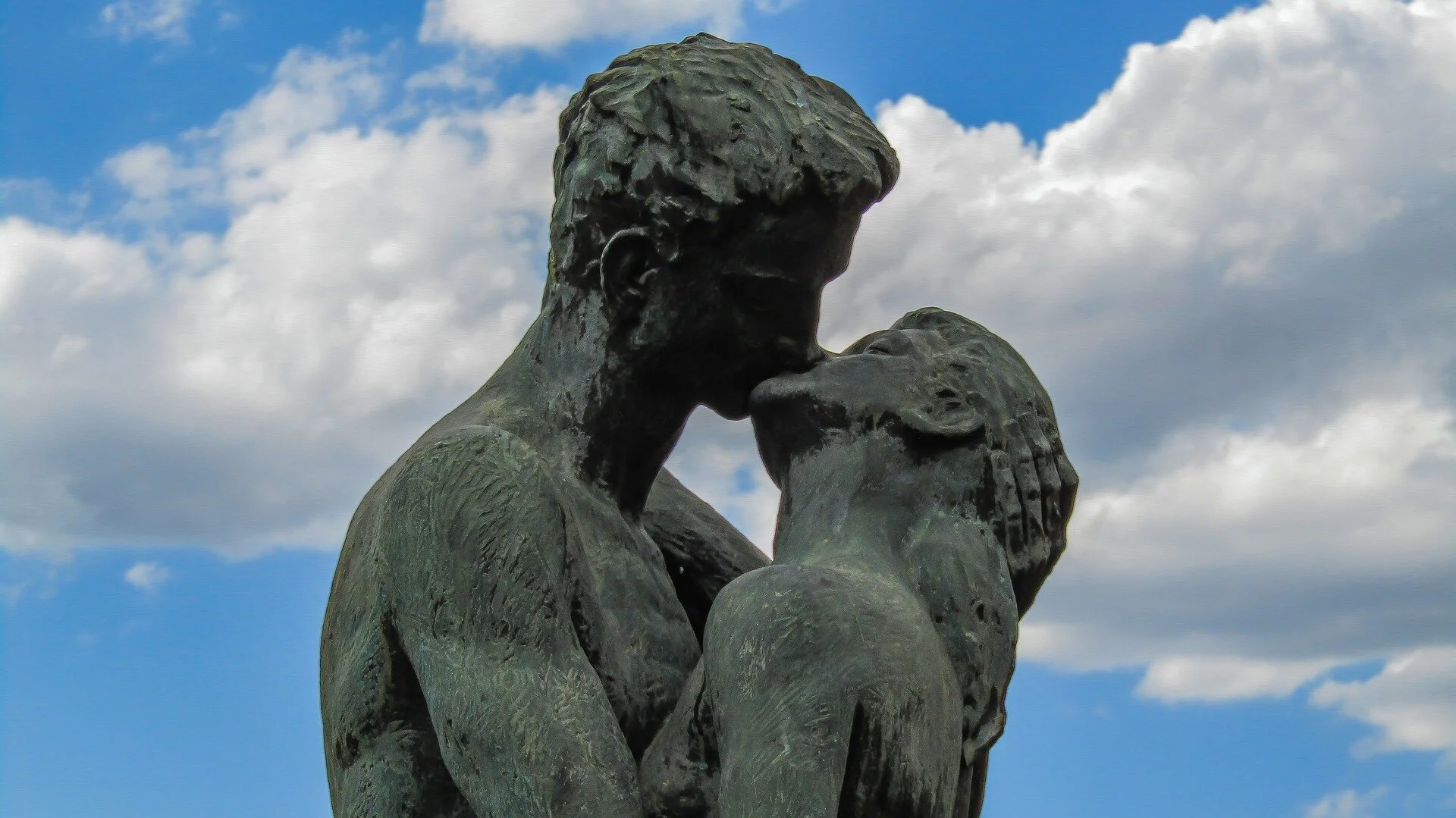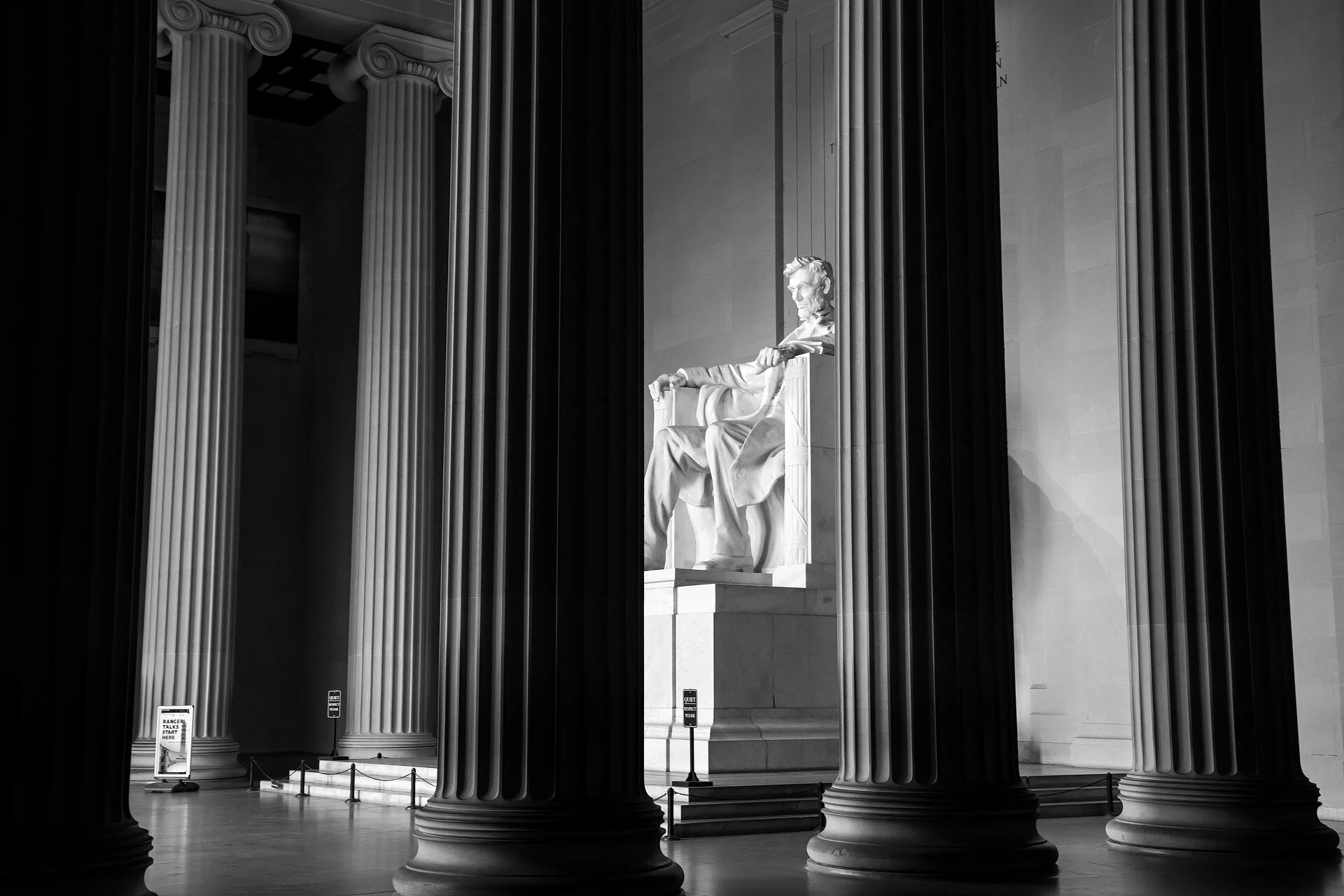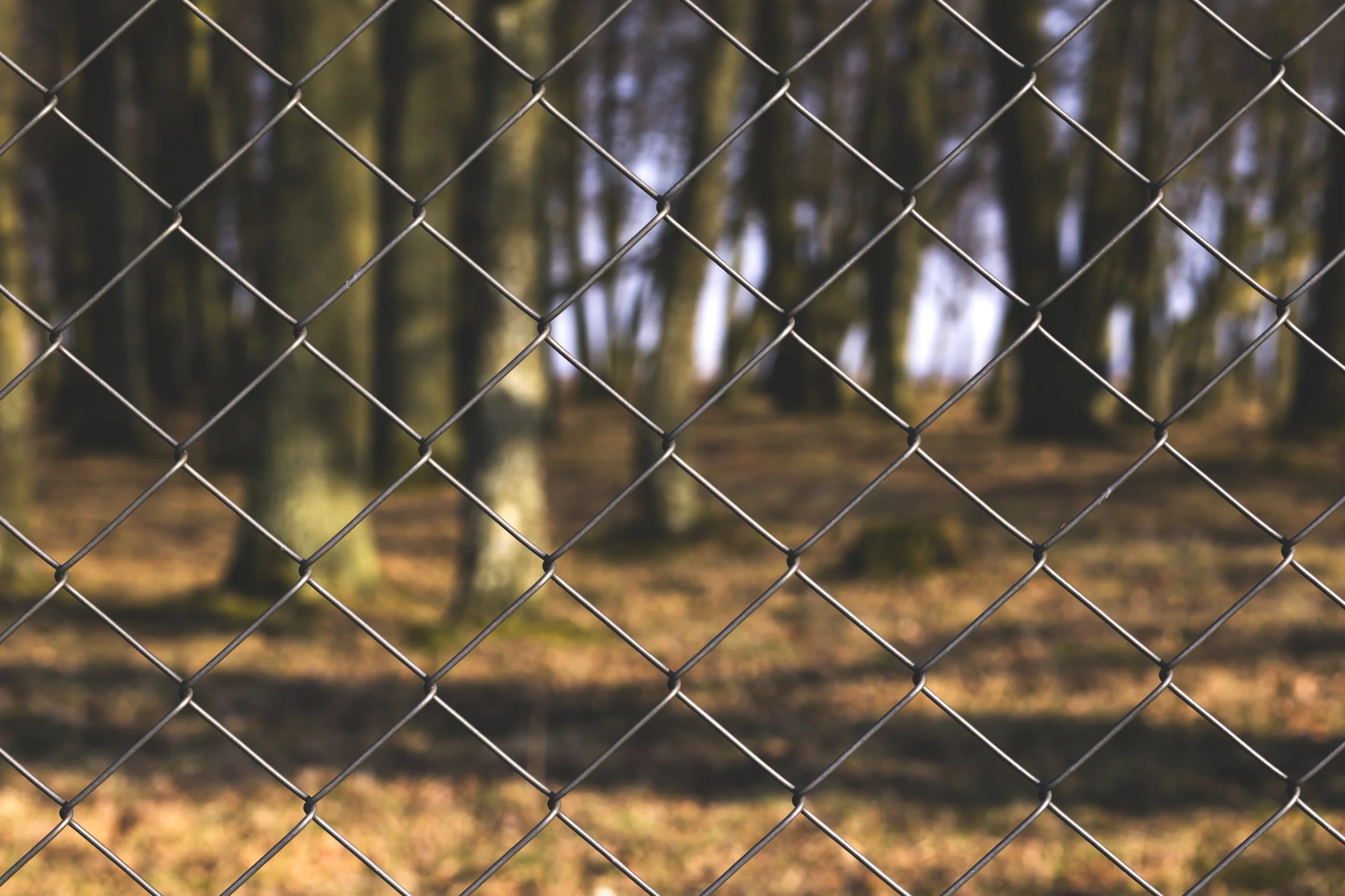Called and Glorified
I want to continue looking at our two verses from two weeks ago, Romans 8:29-30. We have been slowly moving through this chapter, mulling over each verse or a few verses at a time. Often when I am writing a post, I think to myself that I can get through a set number of verses, but then when I actually get to typing, I realize there is just too much, and I must cut back. As we saw two weeks ago, verse 29 is packed full of information including words that we don’t often use in our vocabularies. When is the last time you used a sentence with the words predestined or foreknew? I bet it wasn’t just yesterday. I hope that the definitions I gave you in the last post were helpful as we moved through the study.
Today we are going to focus on verse 30. Let’s take another look at both verses.
“29 For those whom He foreknew, He also predestined to become conformed to the image of His Son, so that He would be the firstborn among many brethren;
30 and these whom He predestined, He also called; and these whom He called, He also justified; and these whom He justified, He also glorified.”
Without further ado, let’s jump in to our verse.
…and these whom He predestined…
Two weeks ago we learned that the word predestined means to “decree, determine, appoint or settle beforehand” (Webster’s Online Dictionary). The word these is referring to the people talked about in verse 29. Last week we came to understand that these are the followers of Christ. These are the ones that God drew to Himself and conformed to the image of His Son, Jesus. We also discussed that His knowledge of our choice to accept Him as our Lord, doesn’t not delete our free will. Foreknowledge, predestination and free will work together in a way that our limited minds cannot understand.
…He also called…
If you recall, the definition of the word called included words like summon, invite, and rouse. I like that idea of “to rouse from sleep,” (Webster’s Online Dictionary). When God calls He is trying to wake us up. He is trying to rouse us from the sleep of darkness. Much like that very curse that Maleficent cast on beautiful Aurora, we were unaware of our need for a Savior until God began to beckon and call, bidding us to rise from our slumber. Just like the young princess, we had to be rescued by a great warrior, one who was willing to sacrifice His life for our well being. It was the prince’s kiss that woke the princess and so too, our Lord’s Holy life touches our hearts with a gentleness and love, to which no other love can compare.
Image by Vane Monte from Pixabay
…and these whom He called…
The ones who are called are those that have risen out of the dark sleep. Many are roused from their slumber, but not all actually get up and get out of bed. During this pandemic, I have found it very hard to get out of bed in the morning. I don’t want to get up and face the world that we are currently living in. If I chose to stay in bed, I would waste away, no longer wanting to eat, or drink or be a part of humanity. The same is true when we are called by the God of the universe. If we do not wake, we will never know the depth of the beauty of the world around us and of a relationship with Him. Perhaps you are wondering, why bother getting up.
Image by Engin Akyurt from Pixabay
…He also justified…
We get up because He justified us. Jesus, whose mercy is new every morning, was Himself, the surety for our salvation. It is because He justified us that we are able to have a relationship with this all powerful, magnificent being. Christ and His blood make us holy and because of that we are able to approach the throne of grace without trepidation.
Image by jacqueline macou from Pixabay
“Therefore let us draw near with confidence to the throne of grace, so that we may receive mercy and find grace to help in time of need.”
This verse tells us we can draw near to the throne with confidence. We can do that because of what Christ did on the cross. Jesus made us righteous. He made us worthy of salvation.
…and these whom He justified, He also glorified.
What does it mean for us to be glorified? The verse says that “these”, meaning us, as we are the ones He called and justified, He is going to glorify. Let’s go back to the definition of glorified: to make glorious by bestowing honor, praise, or admiration: to cause to be or seem to be better than the actual condition. I want to look at this definition in two ways as both are applicable to the fact that He glorifies us.
The first half of the definition is talking about honoring someone. We do honor people in many ways, but how does God honor us? We know that honor, and praise are words applied to Jesus and His Father. In fact, Jesus’ desire when He walked this earth was to honor and glorify His Father.
“Father, glorify Your name.” Then a voice came out of heaven: “I have both glorified it, and will glorify it again.”
“Jesus spoke these things; and lifting up His eyes to heaven, He said, “Father, the hour has come; glorify Your Son, that the Son may glorify You,”
“Now, Father, glorify Me together with Yourself, with the glory which I had with You before the world was.”
In a similar way a child might desire to honor their parent on Mother’s Day or Father’s Day, or a soldier might honor his commander and his country by living by a code of conduct becoming a soldier, and by being willing to give his life. We also honor those who have gone before us by putting up memorials and by setting aside days, like Memorial Day to remember the sacrifices that were made for our freedom.
Image by Mark Thomas from Pixabay
The Bible also says that God will honor us. What exactly does that look like? Let’s look at a few verses
“If anyone serves Me, he must follow Me; and where I am, there My servant will be also; if anyone serves Me, the Father will honor him.”
“He will call upon Me, and I will answer him; I will be with him in trouble; I will rescue him and honor him.”
God can honor whom He choses to honor and part of that may have something to do with our standing in Christ.
The second part of the definition refers to the idea that to glorify someone causes them to be, or seem to be better than their actual condition. Isn’t this true of us? The reality is, Christ has caused us to be better than our actual condition. What was our condition? We were sinners, sleeping in the darkness. There is nothing about our condition that gives us the ability to be holy and pure as God is holy and pure. However, when we become Christ followers, our situation changes. His blood makes us holy. He has glorified us, making us capable of being called the children of God. One day we will be glorified with new bodies and we will walk in the presence of the Holy God. That will certainly be an honor for us.
I hope these verses have once again encouraged you in your relationship with Christ. He loves you and wants to make Himself known to you.
Until next time, keep laughing and keep looking up!












